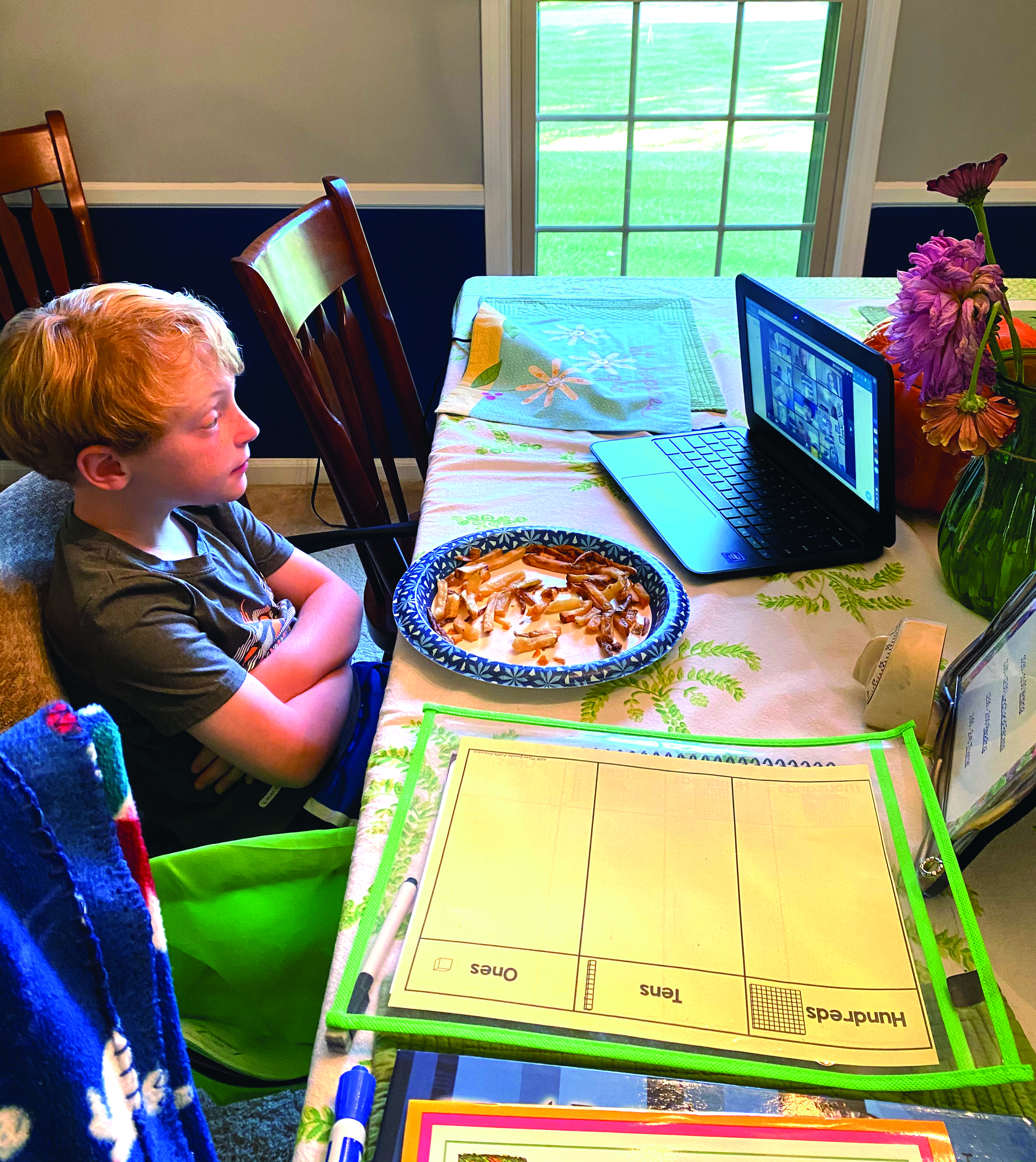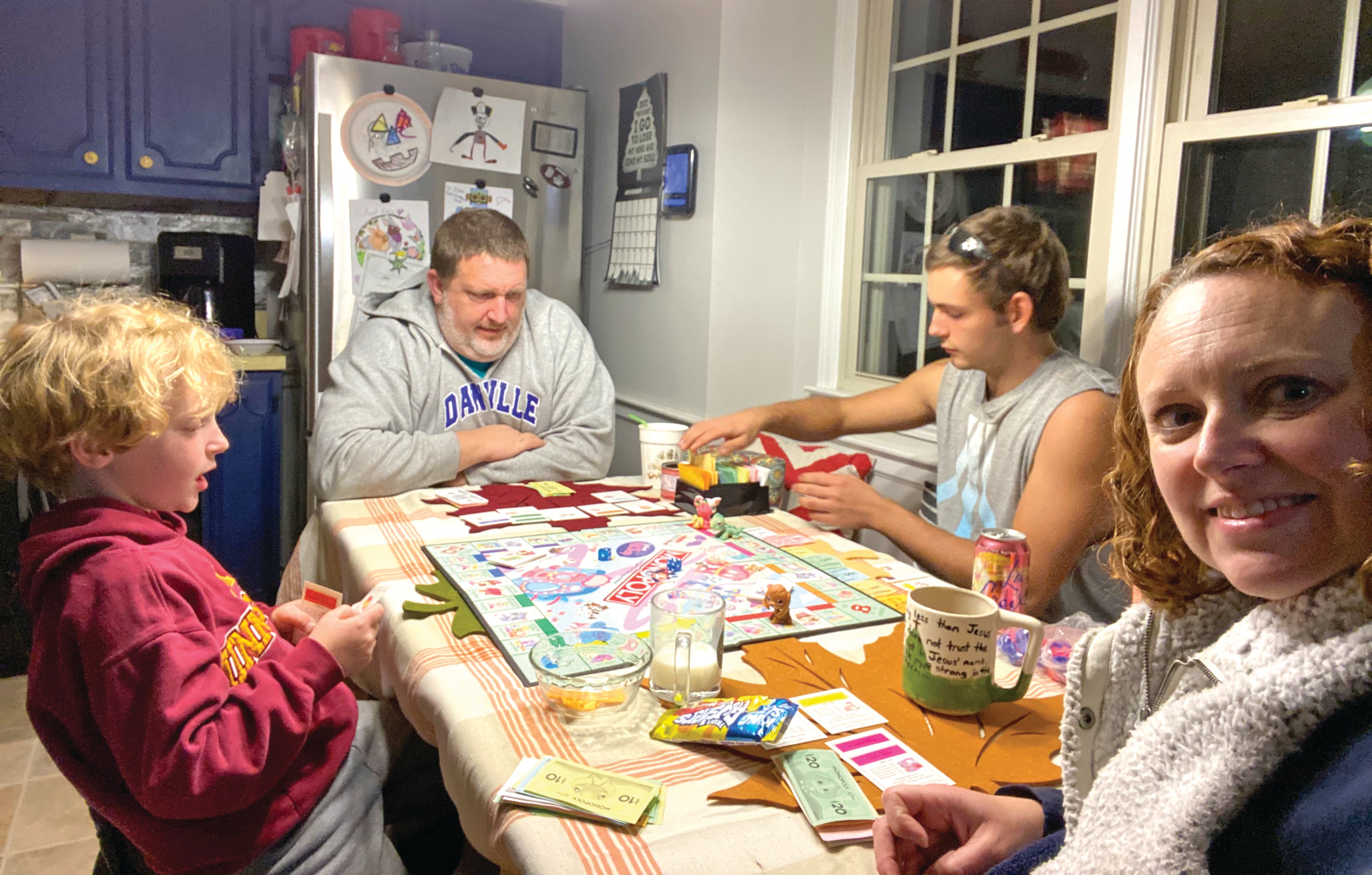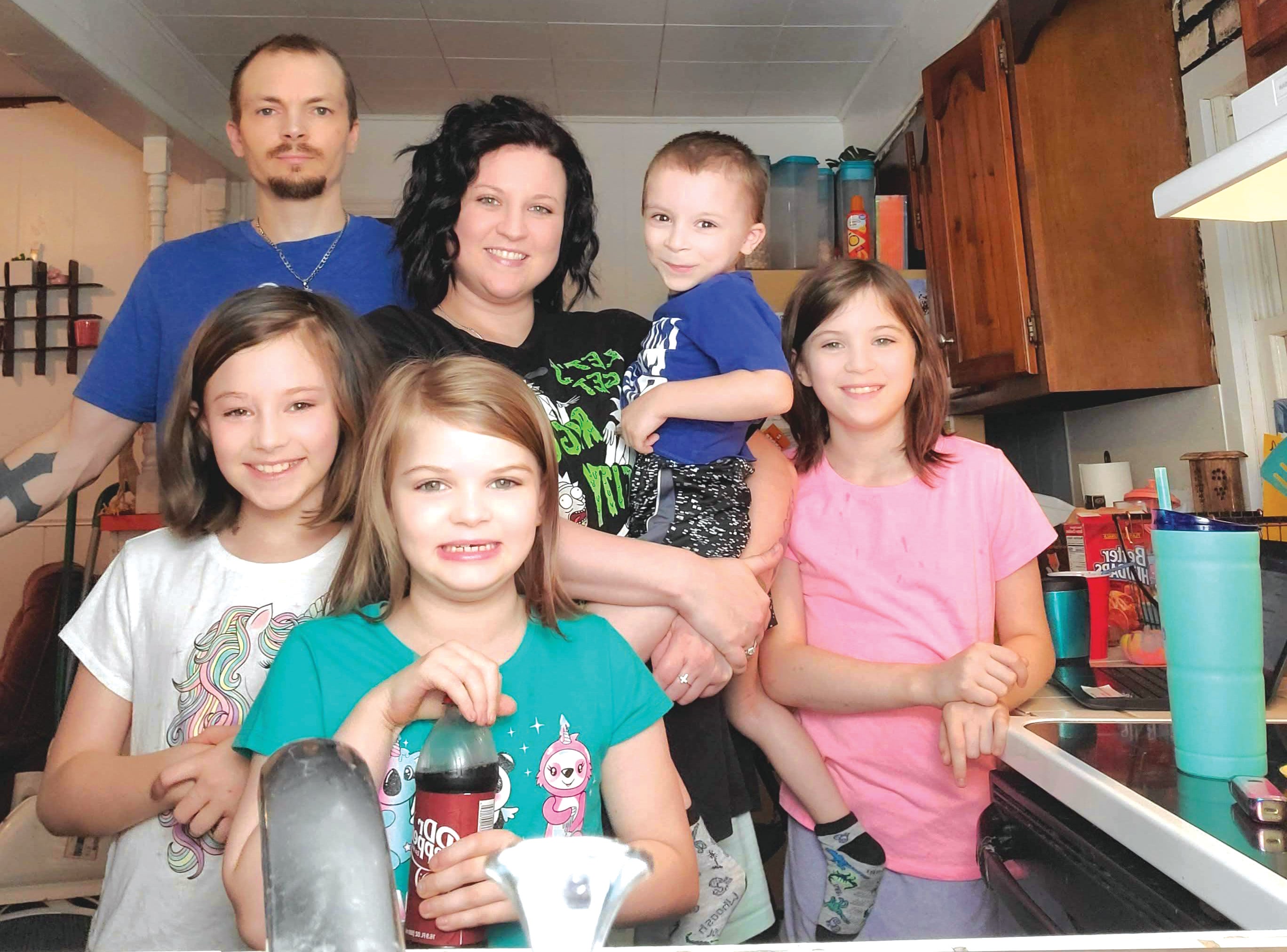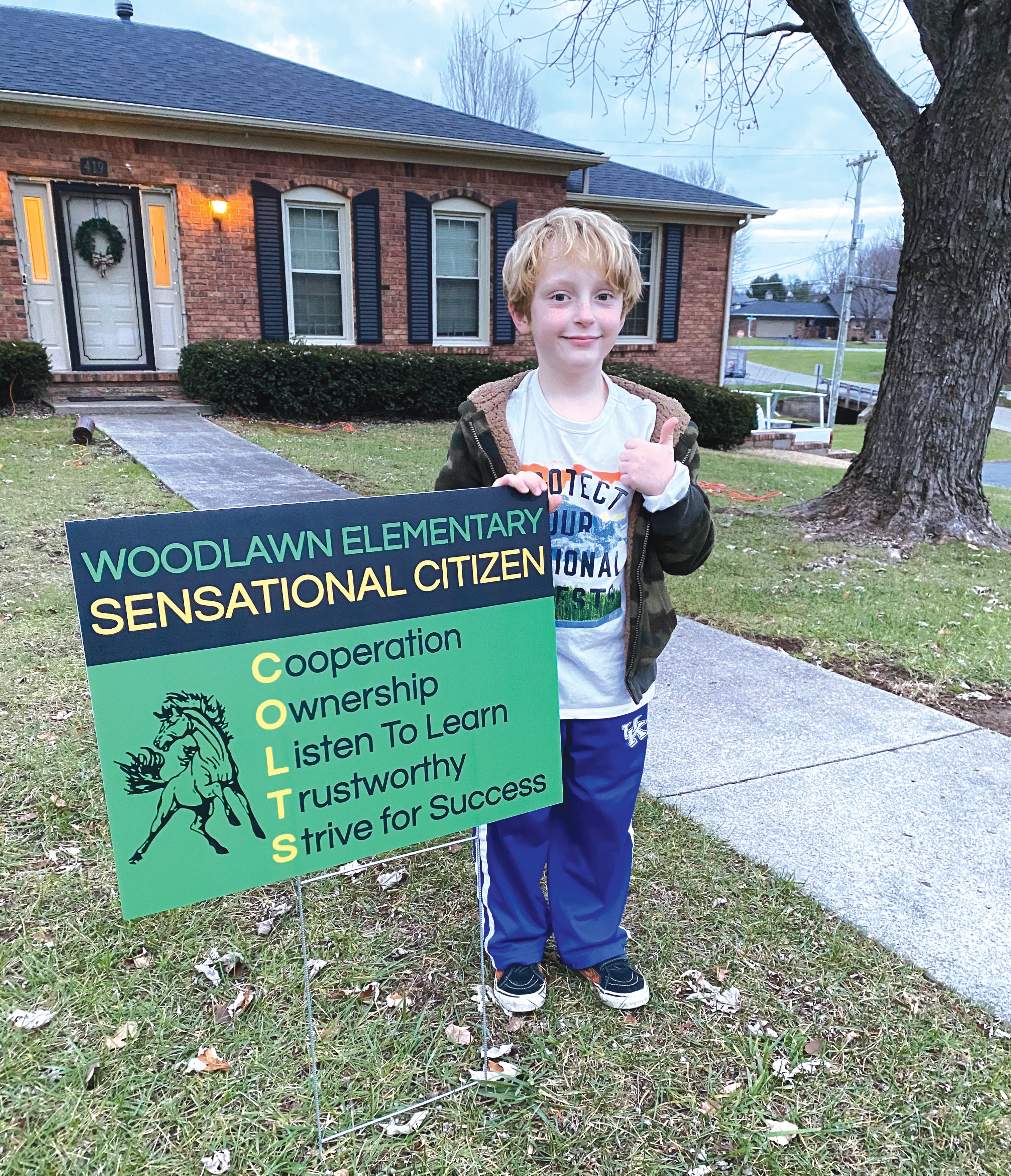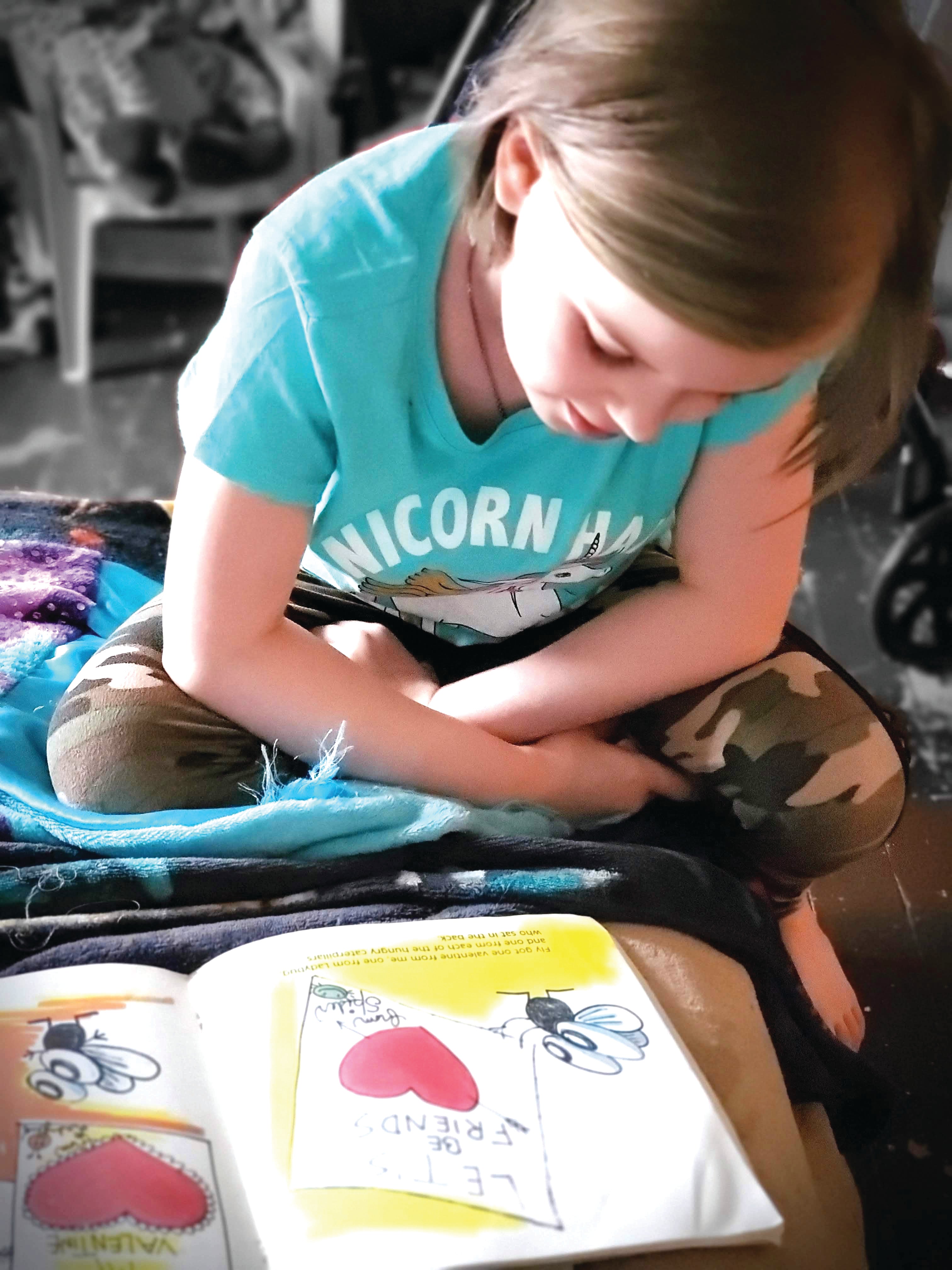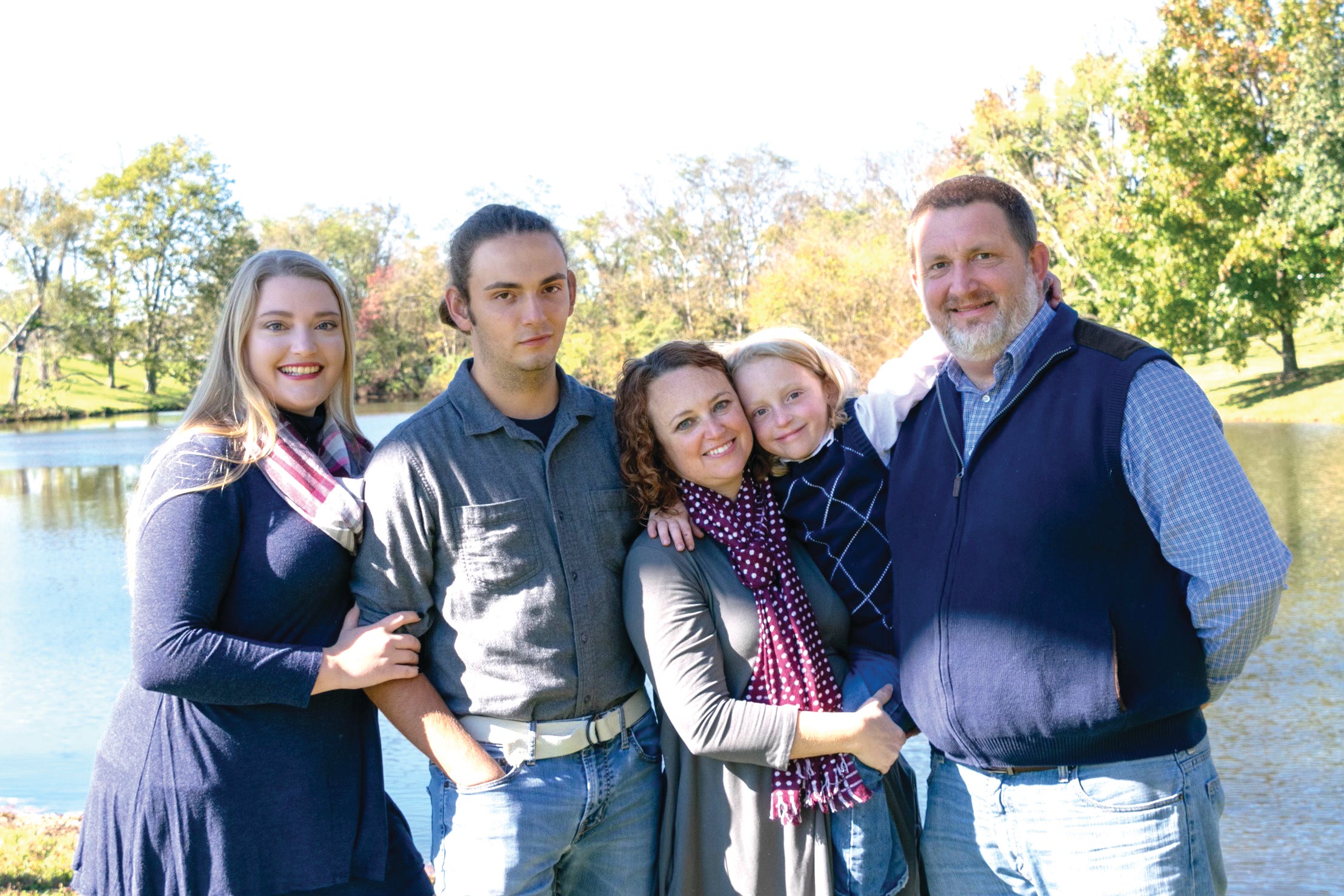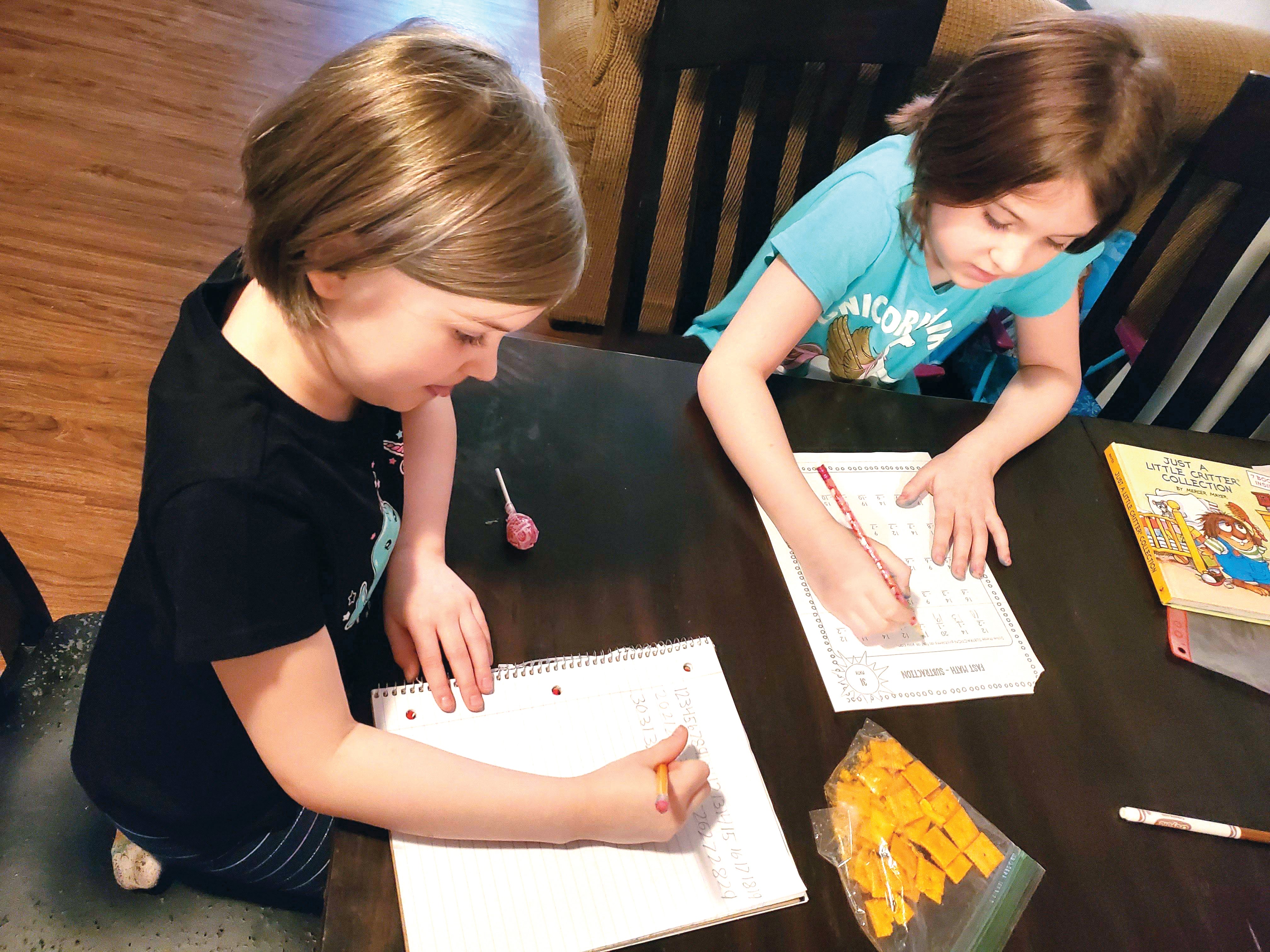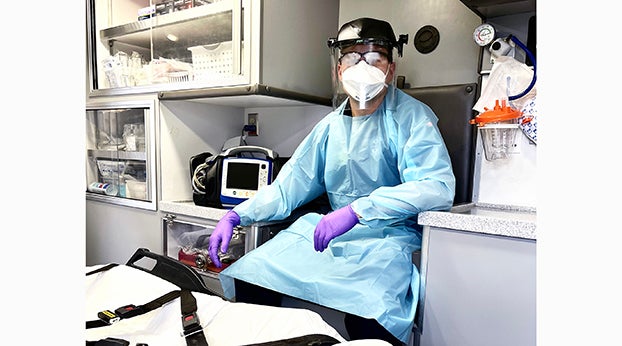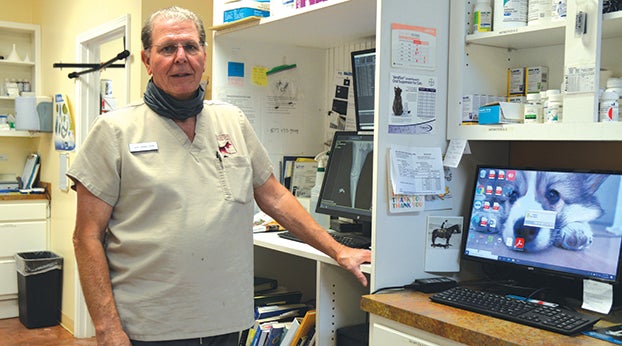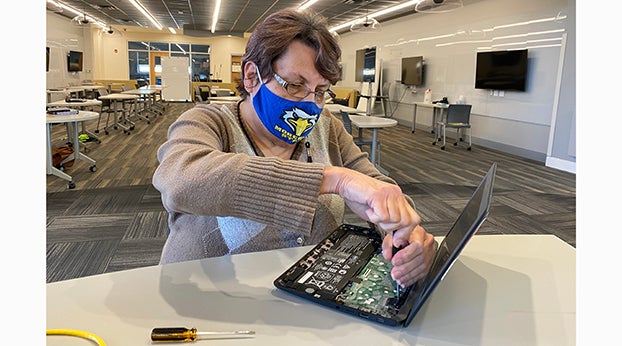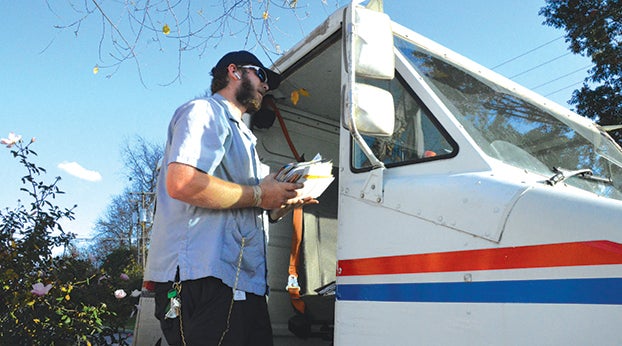PROGRESS 2021:
Pandemic parentingPublished 3:37 pm Tuesday, March 9, 2021
The COVID-19 pandemic caused many parents to make changes in their home and work lives, and that can be seen at a local level as well. One of these two mothers left her job to stay home and help her son with schoolwork, and the other mother said she was trying her best as she stayed at home with her children to balance her and their wellbeing and responsibilities.
Robin Voss
Robin Voss was a paralegal at a local law firm who left her job to help her 8-year-old son, Jona, with his virtual schoolwork during the pandemic.
Jona is in third grade and attends Woodlawn Elementary School.
“I never dreamed in a million years that I would be a stay-at-home mom,” Voss said. “I would have said that being a stay-at-home mom was not for me.”
It was her husband Paul’s idea, and at first she was hesitant. However, she gave it a lot of thought. She had studied elementary education herself in college, her mother is a retired teacher, and her mother-in-law is a retired speech therapist for elementary schoolers.
After discussing her options further with them, Voss decided it was in Jona’s best interest for her to stay home, and she and her husband had the financial means for her to do so. Jona had needed her, she said.
Another of Jona’s options would have been to be in a day care setting where he could have done his work, but Voss said she has liked being aware of what Jona is learning, how he is learning it and how she can be there to detect what he’s struggling with firsthand and help him.
Voss currently has a part-time job outside of staying home and works from home during the pandemic.
“I think being home full-time for me and not having an outside job, for a while there, I think eventually I would have had to have found something to do, because I need it,” she said. “My brain needs it.”
Though Voss said she and Jona occasionally have bickered while at home together during the pandemic, he’s enjoyed the setup. In fact, when he needed to go to daycare after school pre-pandemic since she and her husband worked until around 5 p.m., she said he would ask her why they couldn’t be at home with him.
She said Boyle County Schools had arranged for students to be on Zoom most of the day during virtual school, which she said kept Jona on task for the most part since teachers could see and hear the students. During his lunch hour every day, Voss made sure to take Jona outside, no matter the weather, for a walk together.
Voss also has a stepdaughter who lives in Alaska, and a stepson, and she said being home has also given her more time to focus on her stepdaughter since she can more often go to the post office to send her packages or touch base with her over the phone. Her stepson graduated from high school in May 2020, during the pandemic.
When it comes to how Voss has been adjusting and looking out for her own well-being, she said one big thing to adjust to was how Jona being home more meant more of a mess in the house from toys and the occasional living room fort. She’s become more accepting of the fact the house is Jona’s space too, so she’ll let him keep his fort intact for up to a week at a time and has been more lenient about him keeping his toys out instead of cleaning up each time.
One thing that has been helpful for her social life and her time with her husband has been that when the pandemic first hit, her family and another family decided they would stay in contact with each other but minimize contact outside of each other so their sons could keep playing together. The family has a son around Jona’s age.
Voss said in the moment she was only thinking of the boys and how it would benefit them, but it’s helped the adults too. The boys take turns spending the night at each other’s houses, which Voss said gives her time with her husband with just the two of them, and the four adults take time to see each other as well.
“That has been extremely helpful, and I didn’t realize that was going to occur,” she said. “I thought it was just for the boys, and then it ended up being a benefit for everybody.”
Tiffany Mikles
Tiffany Mikles has not just one but four young children she has stayed home with during the pandemic, three of whom are in school at Edna L. Toliver Intermediate School. Her husband also stays home, she said, because they decided it was necessary to best help their children.
Mikles’ children are: Kalynn, 10, fourth grade; Kiyana, 9, third grade; Aubrey, 7, second grade; and Jackson, 4. She said Jackson isn’t in school yet but will be in kindergarten next school year, which she said she and her husband, David, are dreading if any of his school has to be virtual.
“All of my kids have done nothing but struggle since this whole virtual learning has started,” she said.
She said her daughters’ grades were lower during online learning, which she said isn’t “normal” for them. Part of the struggle is the difficulty navigating what the kids are supposed to do.
“Me and my husband have talked about it because he and I are both in college — it is easier for both of us to navigate our college portals than it is to try to navigate any of theirs,” she said.
And, she said, it’s all a balancing act — not only for herself but for her daughters. One of her daughters has remedial math and learns addition and subtraction twice a week but then learns multiplication and division on her other school days in her regular curriculum, which Mikles said can make it hard for her to keep up.
Mikles said she herself struggles with anxiety and panic attacks, and her mental health has worsened since the pandemic. She said balancing responsibilities has heightened this tension — she not only has full-time college but also sells Scentsy products for extra income and does errands.
The online setting for her children’s school could make doctor’s appointments difficult, for example. Once, she said they missed some of their own meetings because she had to take them along to a doctor’s appointment with her since they were home when they normally, pre-pandemic, would have been in school.
“It’s really difficult trying to take care of myself as well as making sure I’m taking care of my kids and having them on all of their meetings, and balancing it all has been all but impossible,” she said.
And it could be easy for things to slip through the cracks, no matter how hard she has tried, she said.
“It’s mentally exhausting because I can’t do it all, but I’m expected to,” she said. “That’s the thing — I’m expected to.”
With her kids, there were good days and bad days at home, she said. She and her husband made sure they have activity books and tried to keep their brains and bodies busy with activity, she said. But the kids were often stir-crazy.
“They have cabin fever,” she said. “They miss normal living, and it’s hard for them to understand what’s happening and why it’s happening.”
And the solution hasn’t had an easy answer. She said the hybrid model many schools utilized was good in theory but potentially dangerous; her husband has a history of cancer and is high-risk, she said, so there was a concern the kids would bring COVID-19 home under the hybrid model.
She said the pandemic has been difficult in the unique struggle it has brought to families and schooling, and it has frustrated her because she values education.
“My kids’ education — that is the most important thing to me,” she said.


